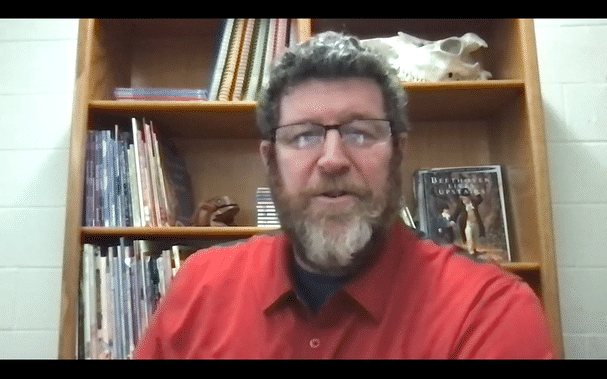A Discussion on Critical Theory
Transcription Summary
Welcome to the Alyosha Society where we pursue truth, beauty, and goodness through great literature. I'm Bruce Etter, founder of the Alyosha Society. Today, I'm addressing a hot topic: critical theory. You might have heard of CRT (critical race theory) or feminist theory. What are they, and what should we, as Christians, think about them? I'll define critical theory, explore it, and assess it. This video is mainly for my middle and high school students, but I'm sharing it on my website for everyone.
Critical theory is about interpretation. How do you understand a book, movie, or anything? We'll focus on literature. How do you know a story's meaning? That's where terms like 'death of an author' and 'authorial intent' come in. Death of an author means the author's intent doesn't matter. Authorial intent is what the author meant. I believe we should care about authorial intent.
Critical theory, or literary theory, is the worldview lens through which you view literature. Literary criticism is giving a critical review of literature, making a value judgment. Literary analysis is about understanding the author's literary techniques.
Let's dive into different areas of critical theory. It's like a pie, with slices like psychoanalytic criticism, Marxist criticism, feminist criticism, and more. I'll define each and give examples.
Critical theory is your worldview lens. As a reader, you choose your lens. Every reader has a lens, shaped by their experiences, beliefs, and more. This lens influences how you interpret a text.
Now, let's explore specific critical theories. Psychoanalytic criticism looks for Freudian or Jungian elements in literature. Marxist criticism views literature through economic and class struggle lenses. Feminist criticism examines gender dynamics and patriarchy. Reader response theory focuses on the reader's interaction with the text. Other theories include new historicism, queer theory, African American criticism, and new criticism.
Each theory has its worldview lens, influencing how you interpret a text. Let's assess critical theory from a Christian perspective. Its main problem is assuming the validity of various worldviews, like Marxism or feminism. These worldviews are inconsistent and change with cultural trends. Critical theory also limits worldviews, often excluding Christian perspectives.
Despite its issues, critical theory can be beneficial. Understanding these theories helps us engage with our culture and have meaningful dialogues. It makes us more sensitive to issues like racism and class struggle.
In teaching literature, I use the biographically historical approach. Authorial intent matters. We consider the genre, author's biography, cultural context, and audience. This approach helps us understand literature more deeply.

